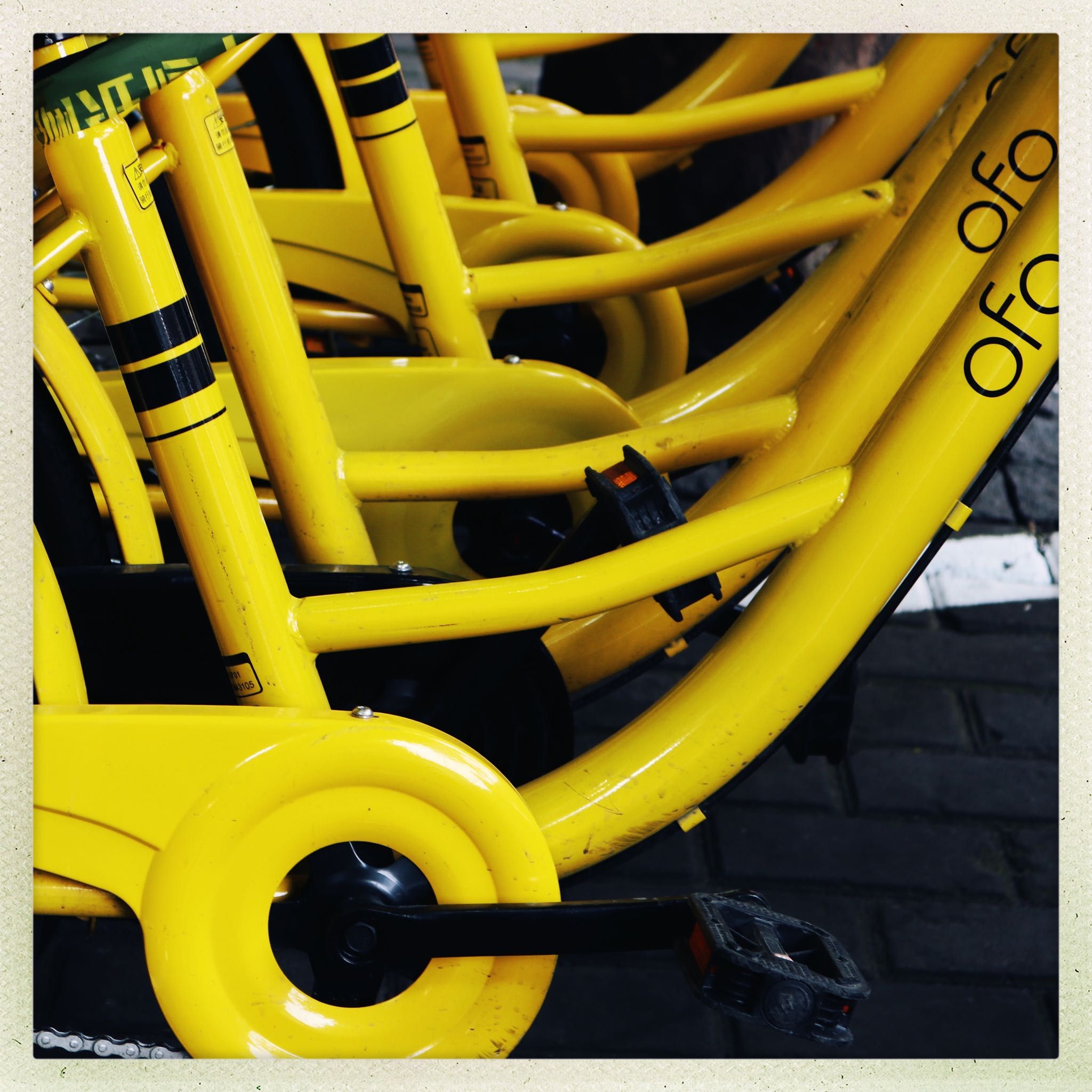The State of Innovation in China

Some years ago, I heard the analogy that I'm about to repeat below. It basically reinforced the old premise that China is a nation of copycats. When I heard it, it struck a chord, but I also felt that it relied too much on cultural stereotypes and Western prejudices.
Here's the analogy
Consider a busy crossroads, somewhere in the U.S.A. An entrepreneur sees an opportunity to build a gas station. She builds it and it's a success. Soon, another entrepreneur sees the busy junction and busy gas station and sees an opportunity to build, say, a restaurant. He builds it and it's a success. Over time, entrepreneurs come, see opportunities and act on them. Soon there is a thriving business community; Gas station, restaurant, convenience stores, a motel. All catering to the traveler, all making a success of it.
Consider a similar crossroads in China. An entrepreneur sees an opportunity to build a gas station. He builds it and it's a success. Soon, another entrepreneur sees the busy junction and busy gas station and sees an opportunity. He builds another gas station. Over time, more entrepreneurs come and soon there are several gas stations, all in close proximity all fighting for an, ever-dwindling, share of a finite profit.
Uncomfortable
Even writing this today makes me feel slightly uncomfortable. Yes, it's an analogy, and like most analogies, it doesn't exactly fit the real world and has been tweaked somewhat to make a point.
But, is it accurate?
I've been visiting China regularly for over twenty-five years and have lived in the country for the last eight. I've witnessed the gradual change over the past few years from manufacturer to the world and the place where cheap copies are made to a more innovative model. You just need to look at companies like Xiao Mi for example. A company that some say has copied Apple (design and quality first) but at affordable prices. A company that has truly innovated in a broad swathe of markets by bringing that Apple philosophy to many products.
Old habits
Just over a year ago, I started noticing distinctive orange and silver bicycles appearing on the streets of Shanghai. Of course, these were Mobikes. A truly innovative bike sharing service where you find the closest bike on a smartphone app, the system then reserves it for you for 15 minutes and then when you arrive, you just have to scan the bike's QR code with the app to unlock the bike, and off you go. (You know this, because Mobike is now a huge global concern and is probably launching in a city near you very soon, if it hasn't already).
Within months of the Mobike launch, bright yellow Ofo bikes started appearing. Not quite copycats, Ofo saw that Mobike was a technology heavy model and disrupted that with a much simpler mechanical model (You enter the number of the bike into the app and they send you the combination for the lock).
Between them, Mobike and Ofo have dominated the market. A couple of other reasonably successful players have joined. One has electrically assisted bikes, is it's innovation.
Between these few leaders, the market is already saturated. There are now literally millions of bikes crowding the cities of China, or more often, crowding the footpaths and sidewalks.
Yet, not a day goes by without yet another brand of brightly coloured bike share bikes appearing on the streets. Rarely do you see anything other than Mobikes and Ofo bikes in use, but still people try for an ever dwindling share of the market with now more innovation than anew colour scheme. They're even running out of distinctive options there. The latest batch that I've spotted are a garish metallic lemony gold colour.
Back to the analogy
So, maybe the analogy that kicked this off isn't so bad after all. There is at least an increase in true innovation here in China and that is a good thing, but there's still an old guard of hard-core copyists too, ready to jump on the next band-wagon to try and grab a slice of the pie in the hope that it becomes a gravy-train. (have I mixed enough metaphors yet?)